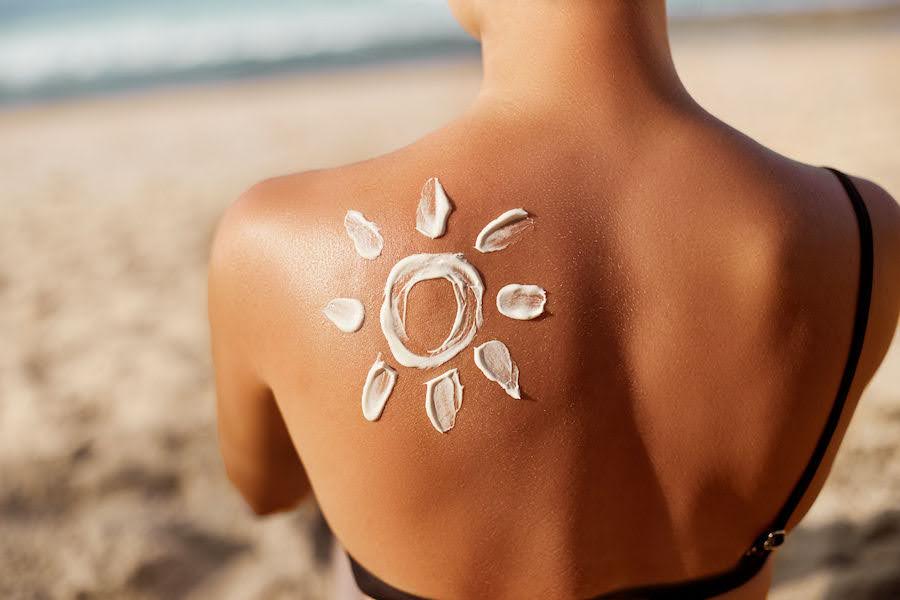

For patients with darker skin tones, sunscreen is often viewed as optional. Melanin does possess a certain level of natural sun protection. But for those patients who tend to have issues with pigmentation, such as melasma, post-inflammatory hyperpigmentation, or persistent dark spots, sunscreen may not be enough.
As a Consultant Dermatologist based in Harley Street, London, Dr. George Kravvas deals with this daily: Fitzpatrick IV–VI skin patients presenting with chronic or worsened pigmentation despite daily use of SPF. Here’s why, and how you can protect your skin better.
Melanin is a natural defence system, offering dark-skinned individuals an intrinsic SPF of 10 to 15. While this reduces sunburn danger, it doesn’t prevent deeper sun harm, particularly the UVA light and visible light, which cause hyperpigmentation.
That is why people with skin of colour are more likely to develop:
Even in the UK, where the weather is mild and often cloudy, UVA penetrates clouds and glass, persistently stimulating pigment cells. For skin prone to pigmentation, standard sun protection is only half the battle.
Read more on Pigmentation Treatment in Harley Street.
One of the most common questions asked by patients is which sunscreen, chemical or physical, is best for darker skin.
For pigmented skin, tinted mineral sunscreens are generally recommended because they provide the broadest coverage, even blue light emitted by gadgets.
More about the importance of sun protection here.
When selecting a sunscreen in the UK, Dr. Kravvas recommends looking for:
Examples available in the UK include:
No sunscreen, even the best one, can stave off every pigmentation trigger. That is where antioxidants come in.
Topical ingredients like Vitamin C, niacinamide, and resveratrol neutralise free radicals and calm inflammation that worsens pigmentation. Layering an antioxidant serum under your sunscreen can significantly boost protection.
Simple morning routine for pigmentation-prone skin:
Pigmentation in darker skin is not only caused by the sun but also by heat, hormones, and environmental pollution.
Dr. Kravvas recommends:
If your pigmentation is still not fading regardless of careful SPF application, professional guidance is a must. Dermatologist-guided treatment might involve:
Book a Dermatology Consultation with Dr. Kravvas in Harley Street
Choose SPF 50, broad-spectrum, tinted products that have iron oxide. Bioderma Photoderm M and Eucerin Pigment Control are excellent products.
Tinted physical sunscreens with zinc, titanium, and iron oxide are normally best for pigmentation-prone skin of colour.
Yes. Tinted sunscreens protect against visible light, one of the major offenders in causing melasma and hyperpigmentation in coloured skin.
Every 2 hours if you are outside, or once in the morning and once at lunchtime if largely indoors.
Pigmentation-prone skin deserves tailored care. Suncream is essential, but for skin of colour, it only serves as the starting point. With appropriate SPF, antioxidants, dietary changes, and specialist dermatology treatment, you can enjoy your skin clear, even in colour, and protected for many years ahead.
Dr. George Kravvas, Consultant Dermatologist, Harley Street, London, offers face-to-face and online consultations for skin pigmentation and general skin health.
Schedule your consultation today and get expert, personalised guidance for your skin.